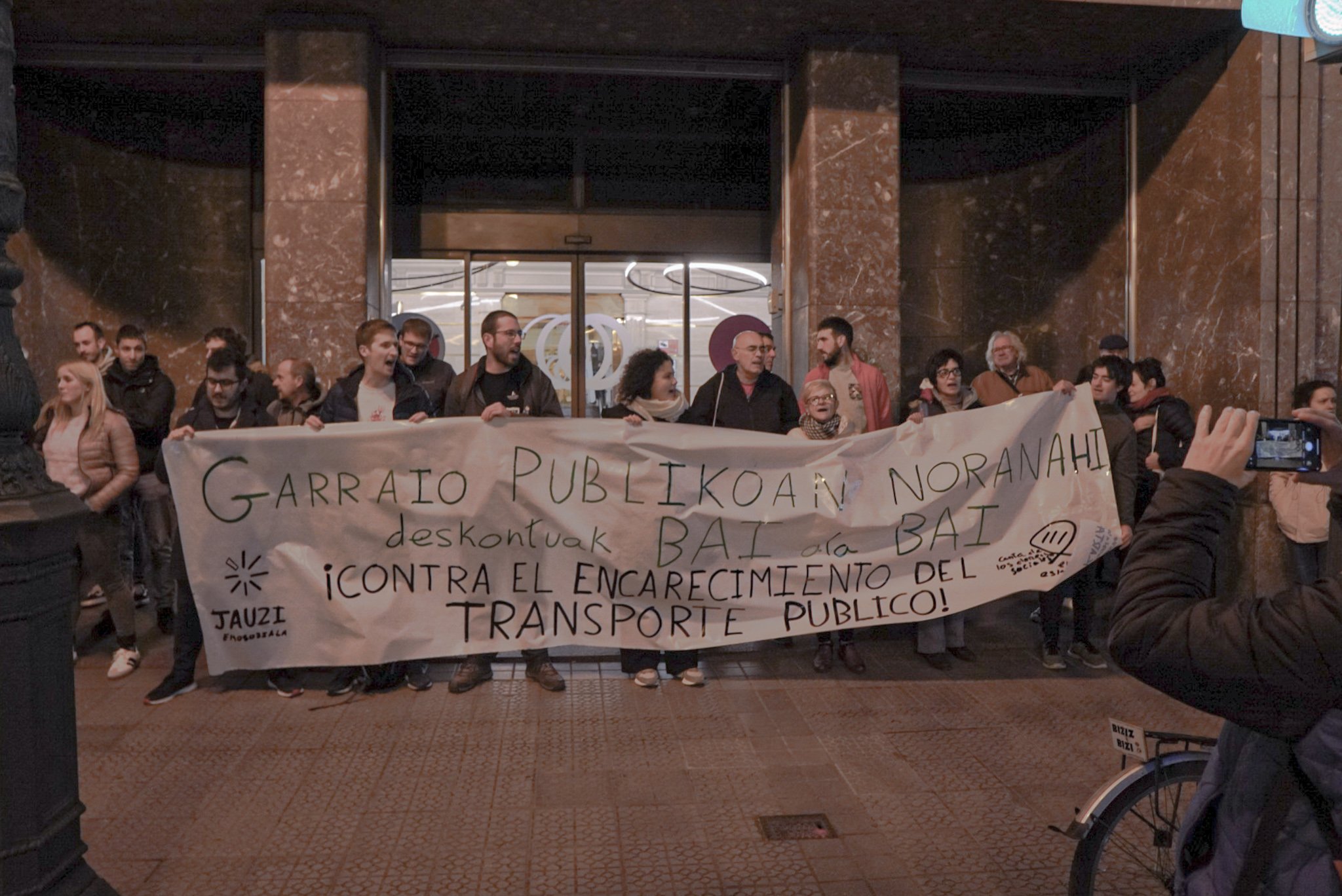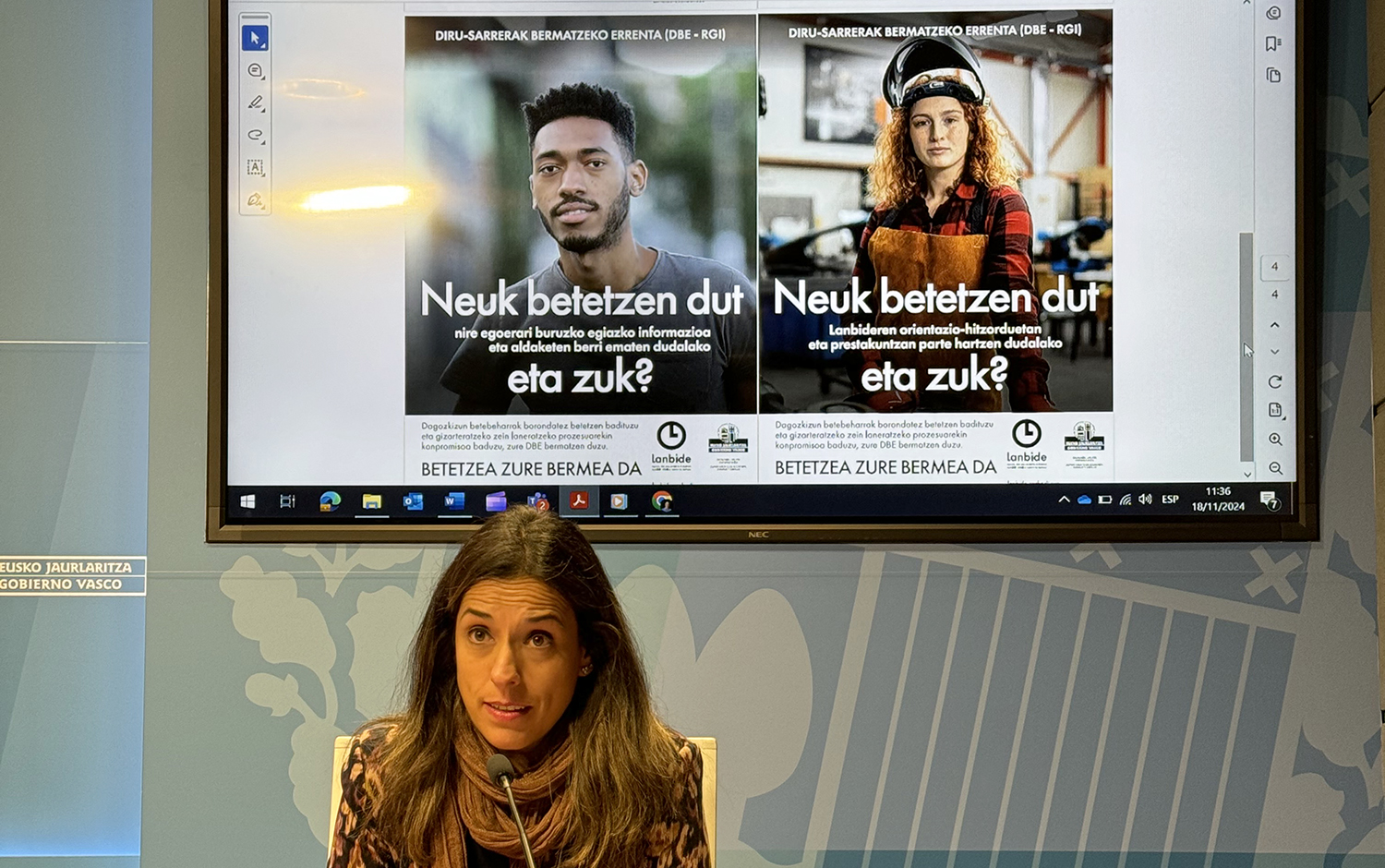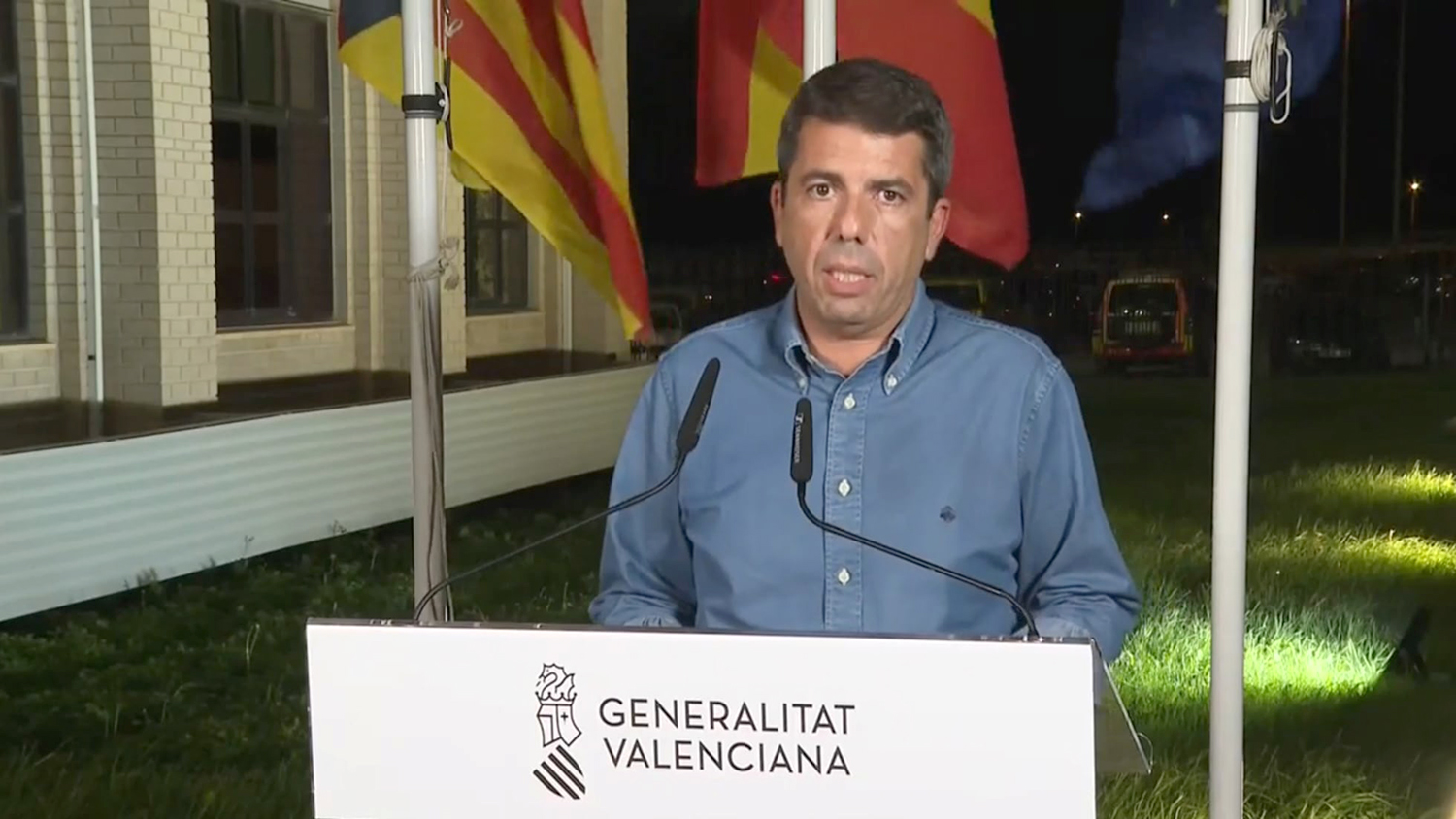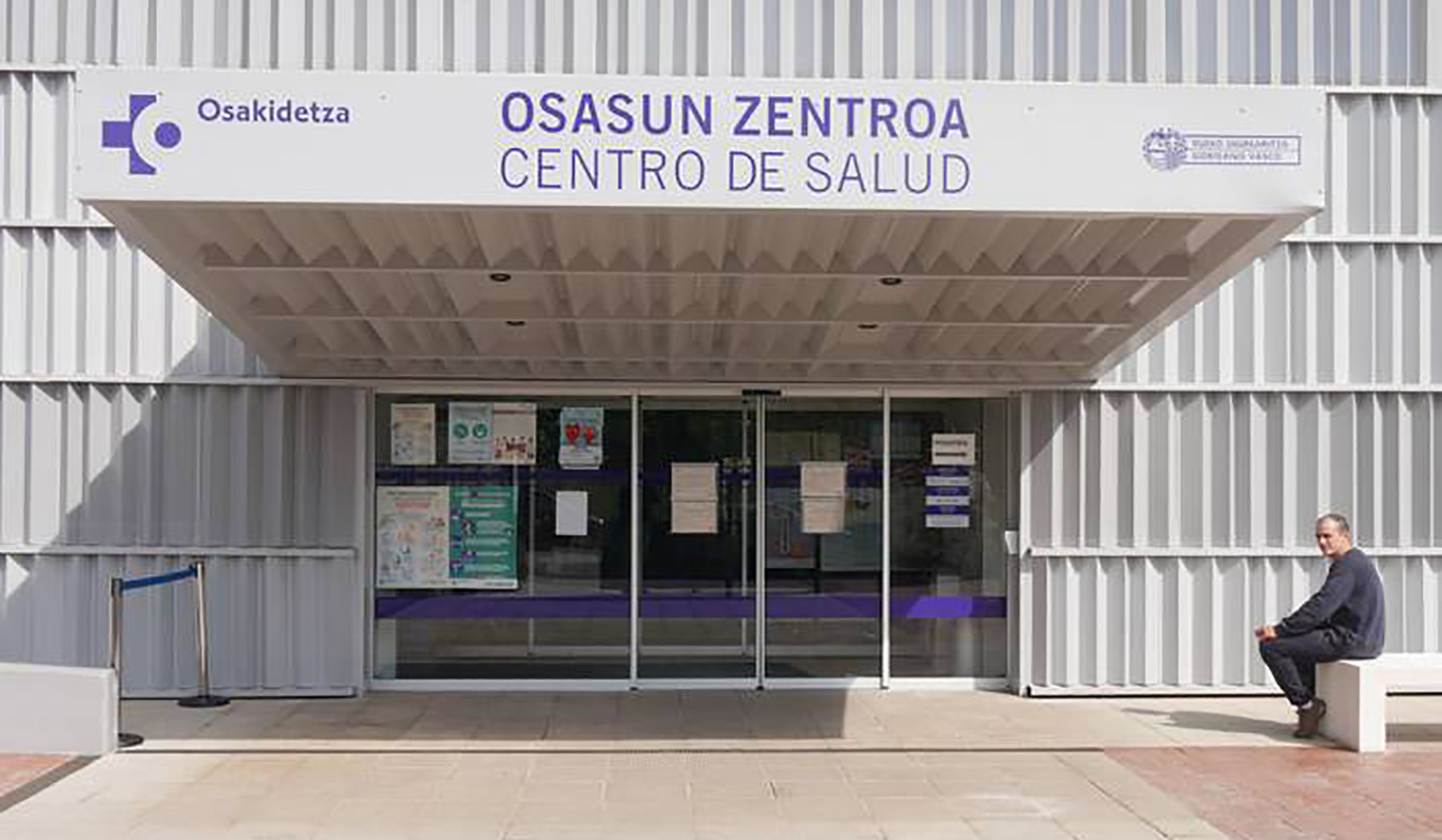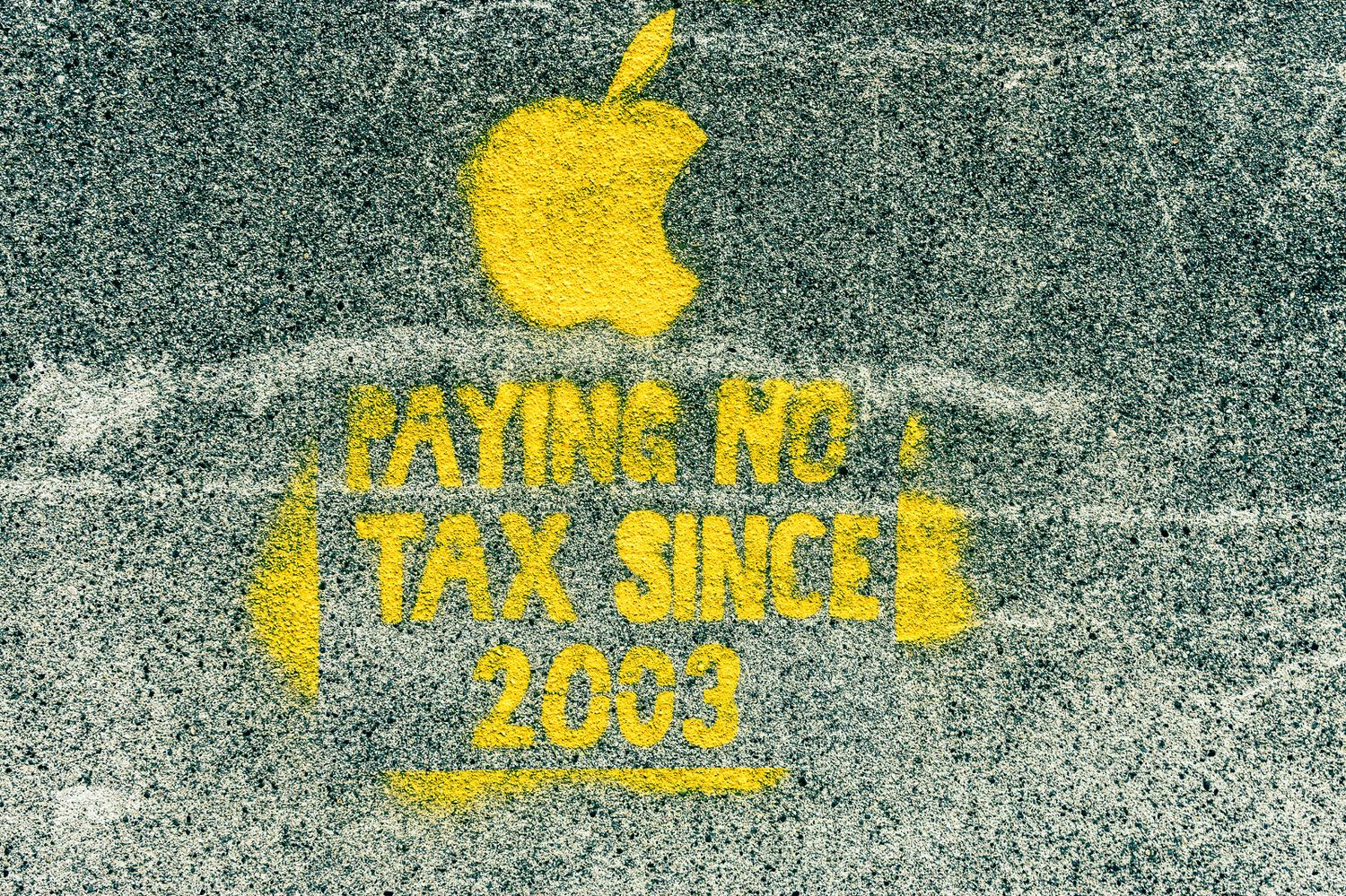The European Central Bank increases interest rates by 0.50%, twice as much as expected.
- The European Central Bank has at last increased interest rates by twice as much as announced a few weeks ago, by 0.50%. It reverses the trend of eleven years and stops offering cheap money to break with the increase in inflation.

It's the first climb in eleven years. A few weeks ago it was announced, but most economists and senior officials announced that interest rates would rise by 0.25%. That is why many have been surprised in the dam with this 50% increase. It is communicated after the meeting of the Governing Council of the ECB, which will enter into force on 27 July.
Interest rates were 0% since 2016 and the deposit rate has also been negative in recent years. The ECB has broken down in this direction and the rise has not been twice as much as was believed. Inflation is above 8% in the European Union, far from the 2% target set by the Community organisation, and they see rising interest rates as a way of mitigating this warming.
Raising interest rates may also have an inverse effect and may increase inflation: states would pay more money by paying more interest in public spending in circulation
The institution headed by Cristine Lagarde therefore considers it to be a measure to combat inflation, but many economists and experts believe that this is not going to be valid because the real origin of inflation is based on an energy and systemic crisis, and consider that inflation is nothing more than a symptom. The countries most affected are those which, moreover, are drowned by public debt.
Even, according to the Spanish economist Eduardo Garzón, the increase in interest rates can have an inverse effect and exaggerate inflation: states would pay more money in circulation paying more interest in public spending, heating up the economy more. In addition, he says that those who are going to increase their profits by buying public bonds are the citizens who have the most money, and it is also an "unfair" measure in this sense, according to the economist.
Some have set as an example the uselessness of the measures recently taken by the United States Federal Reserve System (FED). The EDF increased interest rates by 0.75%, but at the moment it has had no effect on inflation and has risen to 9% in June. However, the US financial institution is studying a 1% increase in interest rates during the month of July.
The ECB has also approved on Thursday the State Risk Premium Mitigation Mechanism, the ICC (Transmission Protection Instrument), a way to measure investor confidence in the country to return public debt, if the risk award of some countries grows significantly, the ECB would take action under this mechanism.
PPrekin eta EH Bildurekin negoziazioetan porrot egin ondoren etorri da Ahal Dugurekin adostutako akordioa. Indar politiko honek aitortu duenez, maximalismoak atzean utzi eta errealitateari heldu diote, errenta baxueneko herritarren aldeko akordioa lortuta.










.jpg)


